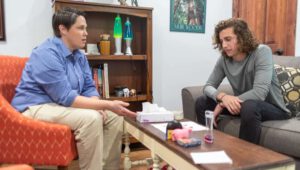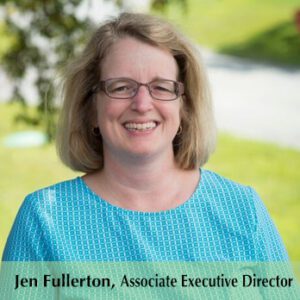The research and literature instruct us to use evidence-based practices (EBP). Makes sense, why wouldn’t everyone seek treatment that has been noted to be best practice for treating the challenges they are experiencing and hoping to find some relief? So, what’s the problem? As a therapist who specializes in treating anxiety and Obsessive Compulsive Disorder (OCD), I ask that question myself. When I hear clients telling me their stories about having been in therapy for years and, either never being diagnosed with OCD or never before hearing of exposure therapy, I experience a range of emotions for the client and for the field as a whole. Sadness and frustration are two frequent experiences that come up for me. At a recent showing of Unstuck, a documentary made by kids for kids who struggle with OCD, I was saddened to hear the participants talk about their challenges with accessing services, not being diagnosed with OCD for years, engaging in therapy and never hearing of exposure therapy, schools not understanding how to support their children in their education, and parents and families experiencing hopelessness and feeling lost with the lack of direction. I feel frustrated with the lack of knowledge and education available to those who are working with people who can most benefit from Cognitive Behavior Therapy (CBT) and exposure-based work.
There are some wonderful opportunities and trainings for those who wish to learn more. The International OCD Foundation is one of them. Not only do they offer specialized training for professionals, they offer people who struggle with OCD, their families and many others a range of opportunities to learn, connect, and receive support. So why are so many people unaware of what is available to them? I don’t have all the answers, but I would like to offer suggestions. Ending the stigma associated with mental health is a path on which our society has been, yet we have a long way to go. Talk about it, share your knowledge, and teach others. Do not underestimate the value of your words, your knowledge, your experience, and your story. If you are a professional, get educated. Advocate for yourself and find trainings that will be helpful in furthering your education and skill base that will provide you more opportunities to effectively help others. If you are a professional with knowledge, put yourself out there, teach others, share information, and be open to learning more.
Another experience that also comes up for me when I hear the stories I mentioned before is hope. I hope, and I am encouraged, that we all can be part of the change that is so greatly needed. I do not claim to be an expert, but I do know that knowledge is key. Let us all continue to create an environment and a world in which education and support is readily available to everyone.
Jeanette Nogales, L.C.M.H.C., M.Ed., C.A.G.S., is Mountain Valley’s Associate Clinical Director.


